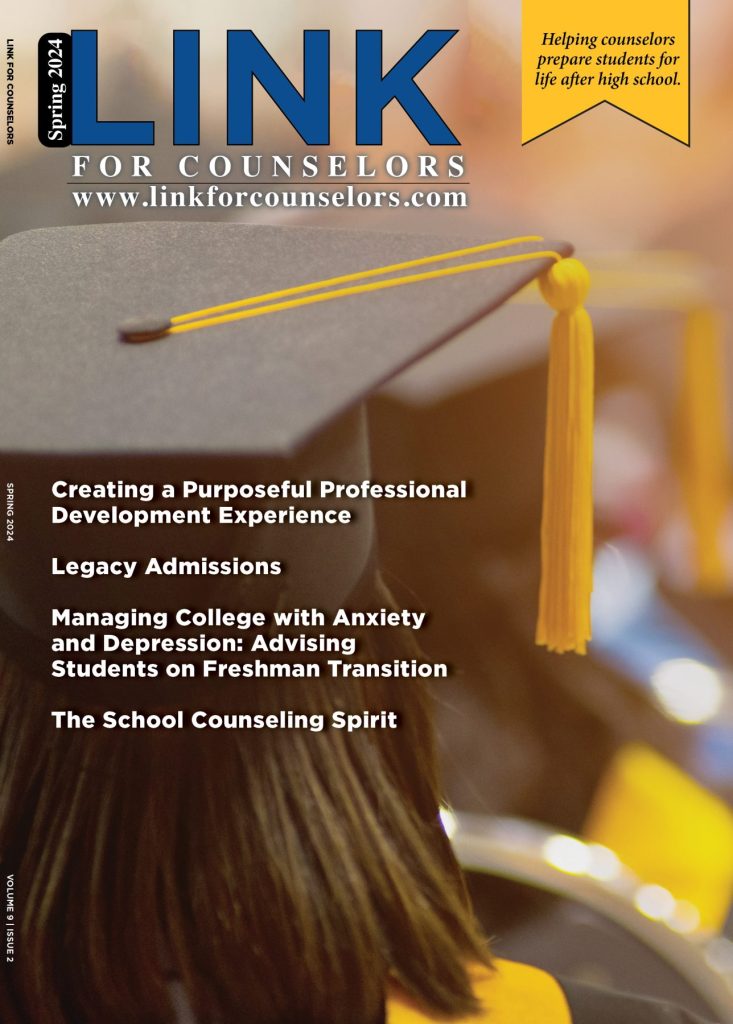Going to College After Struggling with Drug Addiction
Drug abuse disorder has become an extremely prevalent issue throughout the United States. Young people will experiment with mood and mind-altering substances, it’s just the way it is. It is normal for teenagers and young adults to try alcohol and smoke marijuana, but when they start using in excess or start testing out other drugs they are putting their lives at risk. Narcotic substances like heroin, meth and cocaine are becoming increasingly common among high school and college students.
These drugs are highly addictive and have an extremely high rate of abuse. They can easily take control of someone’s life and hold it hostage. With time, drug addiction will take everything from the person struggling. Everything else will take a back seat, including their education. When young people become hooked on narcotics or alcohol their dreams and aspirations of attending college can be drastically changed. If they were already enrolled, but found themselves addicted to mood and mind-altering substances, it will become very difficult for them to attend all classes, study and successfully graduate.
Hopefully, the time will come when that person is able to turn their life around and start a new life free from drugs and alcohol. Once on the road to recovery, old dreams and goals will become evident again. It will start small; finding a job, finding a place to live, handle any legal issues that may have occurred. The longer one stays sober the larger their goals will become. A large portion of recovering addicts and alcoholics will look into enrolling or enrolling in a college or university.
How to Pay for College
College can be very costly, the thought of spending money on school can be overwhelming and will turn a lot of people away from pursuing their dreams. Thankfully there are resources out there to help people recovering from drug addiction to pay for college. SAMHSA (Substance Abuse and Mental Health Services of America) makes grants available through the Center for Substance Abuse Treatment. A grant is essentially a loan toward one’s education that doesn’t need to be paid back.
When one pays for continuing education opportunities using a grant they will help relieve a huge amount of mental stressors. Grants don’t always have to be used for a specific college or university. Plus, they are not always based on one’s past grades and academic achievements. Different grants will have different rules and regulations that they are based upon. There are a large variety of grants available to recovering addicts/alcoholics who are looking to go back to school.
Substance Abuse and Mental Health Services Private grants. These are usually set up in honor of those who have dedicated their lives to fighting addiction. They are also created by families of those who lost their lives due to addiction and never had a second chance at completing their education. There are associations that work with people in recovery to help them find the best resources out there for continuing their education. Some individual schools may also offer grants to those who have gone through and completed a drug or alcohol rehab center. For example, Texas Tech University offers more than 25 grants each year recovering addicts and alcoholics. They do not limit their grants to those who struggled with substances, eating disorders and some mental health issues will also make them applicable.
Student Loans
If one is having issues getting a grant there is always the option of applying for student loans. The amount of money approved for a loan will vary from individual to individual. It is based on a few deciding factors. Of course, the cost of the school will be considered, Universities are the most expensive while online courses and classes will be the cheapest. Student loans are sometimes issued through the government and must be repaid. They usually have some type of interest rate associated with them.
Scholarships for Addicts
What about those with no ability to pay back a student loan and are having issues receiving a grant? A scholarship is another option for recovering addicts to pay for school. This is usually based on past academic performance and that individuals financial need. Similar to grants, it is a possibility to find college scholarships that are offered specifically to recovering addicts. Hope for Addiction offers $1,000 awards, but anyone applying must prove their sobriety to claim these scholarships. This is usually done using a urine or blood analysis and by presenting some type of proof that they attended a rehab or attend step based meetings. There are tons of community colleges, many of which offer scholarships to nontraditional students who are trying to go back to school.




